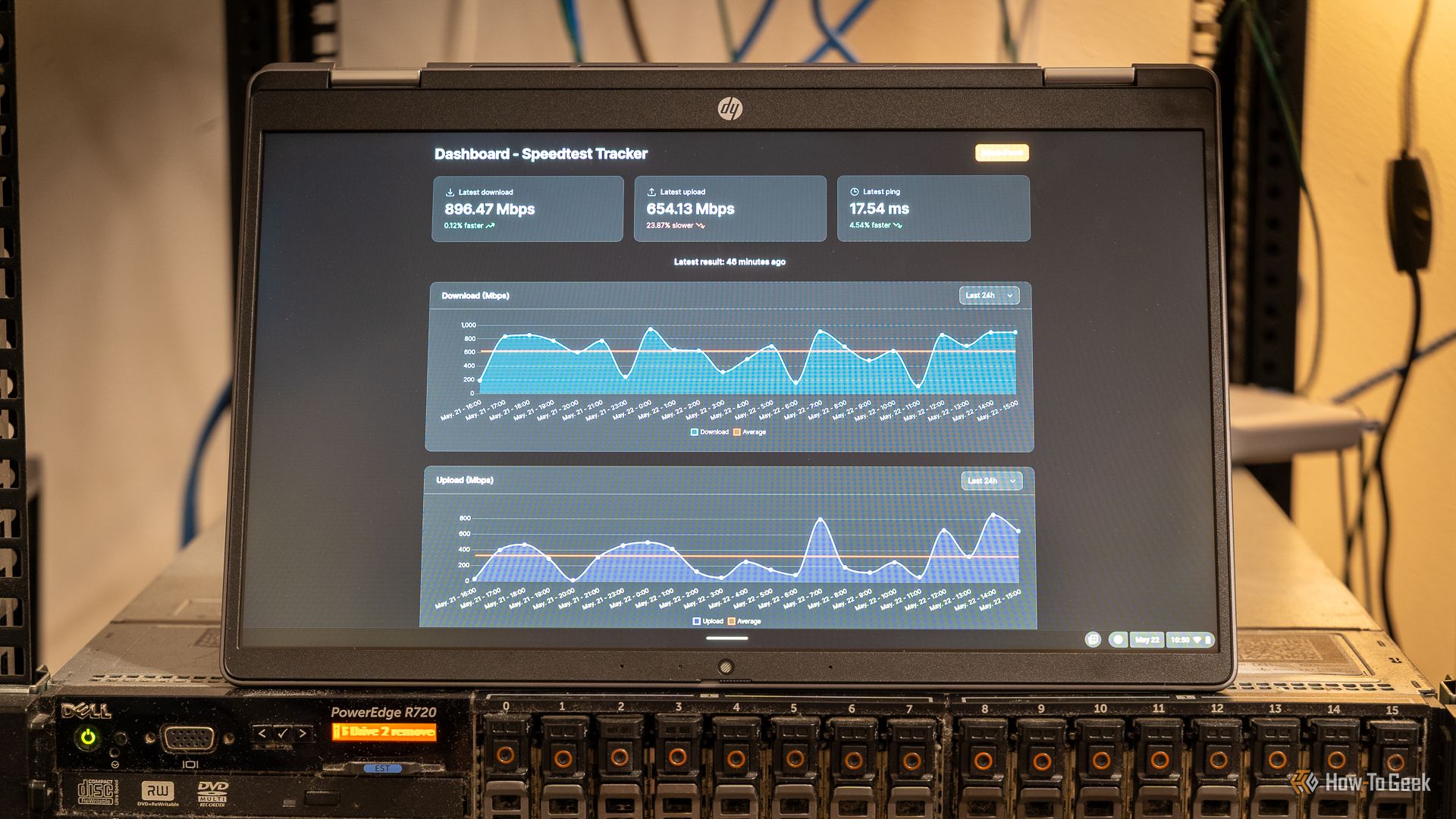I was really looking forward to this year’s collection of Synology NAS devices. Unfortunately, the new Synology DS925+ suffers from a ridiculous problem that will plague all future Plus-series NAS boxes—it doesn’t work with “unverified” third-party hard drives.
Honestly, I’m surprised that Synology went through with this. The company faced a ton of backlash when, earlier this year, it announced that new Plus-series NAS devices would require “validated” hard drives that have been “thoroughly vetted in Synology systems.” The new DS925+ effectively forces you to use Synology-branded hard drives (though Synology’s compatibility list will grow with time), as unverified third-party HDDs are prevented from performing any basic functionality. Solid-state drives face similar restrictions—you can’t use an unverified SSD as a cache drive in the DS925+.
This kind of restriction is somewhat common in the enterprise market, but it’s practically unheard of in the consumer space. It provides no obvious benefits to the average home setup, and it forces customers to spend more money on storage. Unverified drives that are migrated from another Synology system work just fine in the DS925+, oddly enough, so the whole thing feels pretty arbitrary.
It’s a shame. In terms of hardware, the DS925+ is a decent entry-level system that could have widespread appeal. The NAS is loaded with an AMD Ryzen V1500B processor, dual 2.5GbE ports, a pair of M.2 slots, and 4GB of preloaded DDR4 memory. I wouldn’t recommend this hardware for any heavyweight tasks—the Ryzen V1500B doesn’t have an iGPU, so hardware video transcoding for Plex is off the table, too—but it looks like a solid option for networked file storage, automated backups, and lightweight apps.

Related
This Docker Container Turned My NAS Into an Internet Performance Dashboard
Do you monitor your internet speed?
Synology also announced a DX525 expansion unit, which you can use to add five additional drive bays to a NAS. When paired with the DS925+, the DX525 can help you achieve a maximum 180TB of storage, which is nothing to shake a stick at. If it weren’t for the HDD restrictions, the combined DS925+ and DX525 would probably be a great option for videographers or developers. You could also leverage the massive storage capacity for Plex, though you’d need to offload the processing to a mini PC or some other device with real hardware transcoding capabilities.
The good news is that competitor brands like QNAP, UGREEN, and Terramaster, do not enforce any weird HDD restrictions. But Synology offers the best, most intuitive and user-friendly software of any consumer-grade NAS brand. It’s the only brand of NAS that I’d use without replacing the operating system—a task that newbies generally want to avoid.
I’ll take this moment to clarify that Synology Plus-series devices released before 2025 do not enforce any HDD restrictions. Also, these restrictions are currently limited to the Synology Plus lineup.
The DS925+ launches today for approximately $599. You can pre-order it from B&H Photo, but it doesn’t seem to be available at any other big retailers yet, and B&H is charging a slightly higher price of $639.99.
Source: Synology
